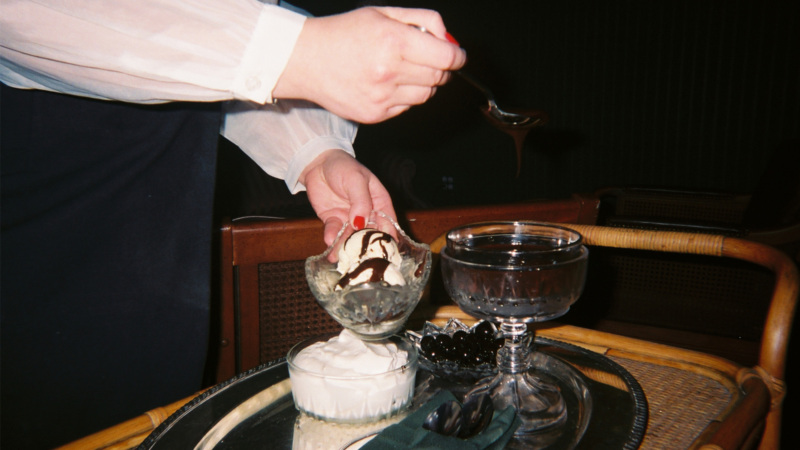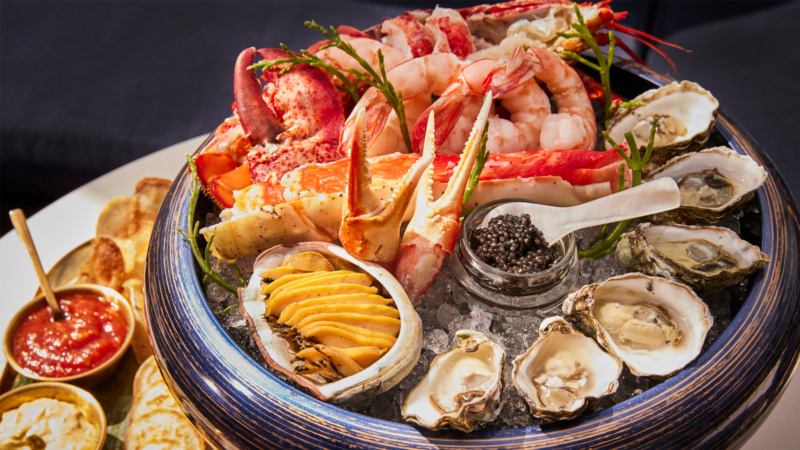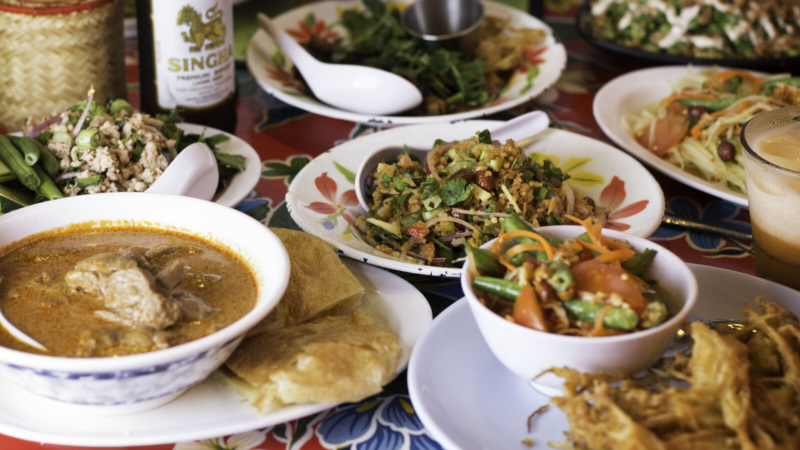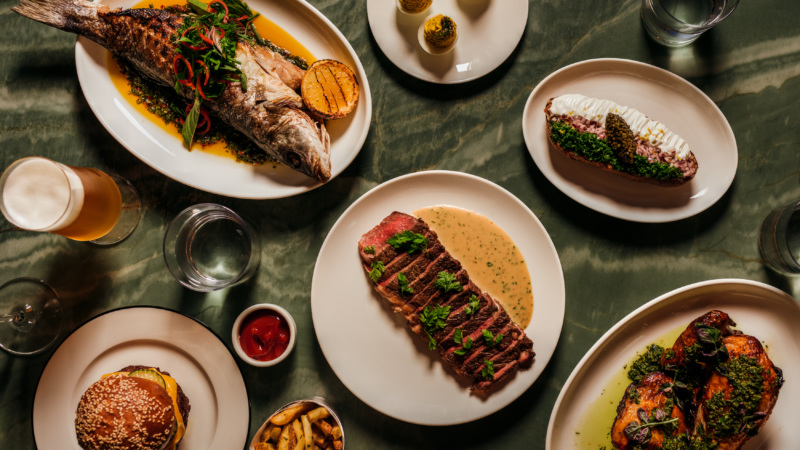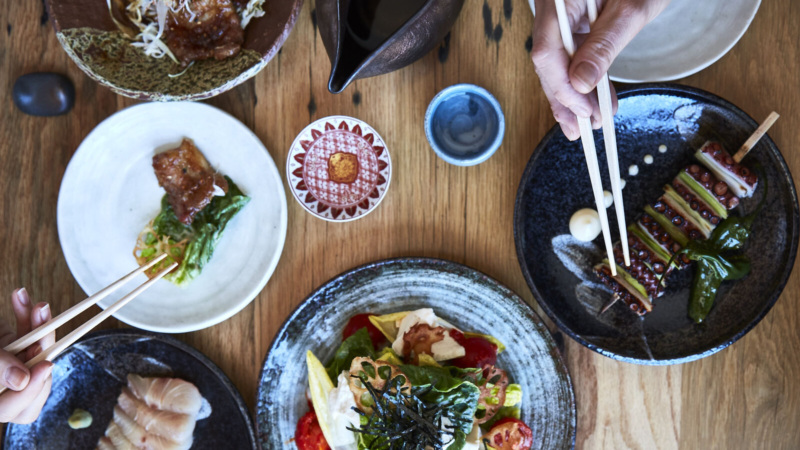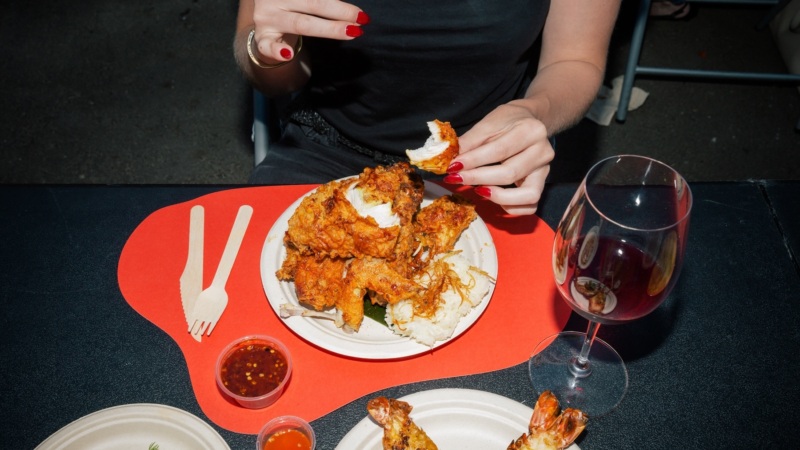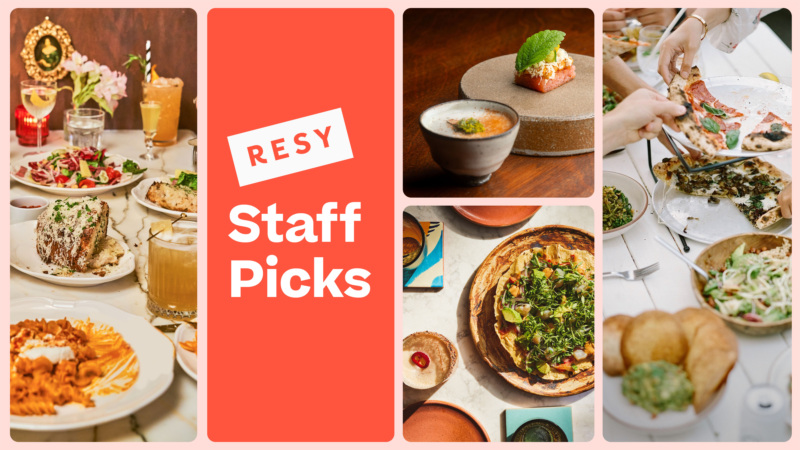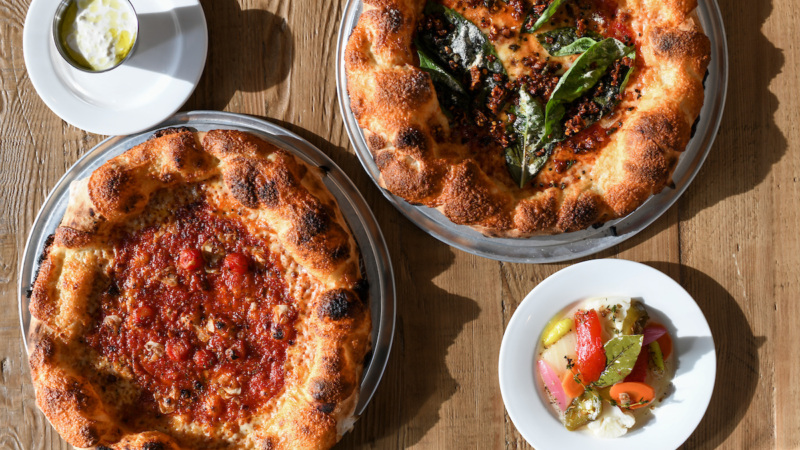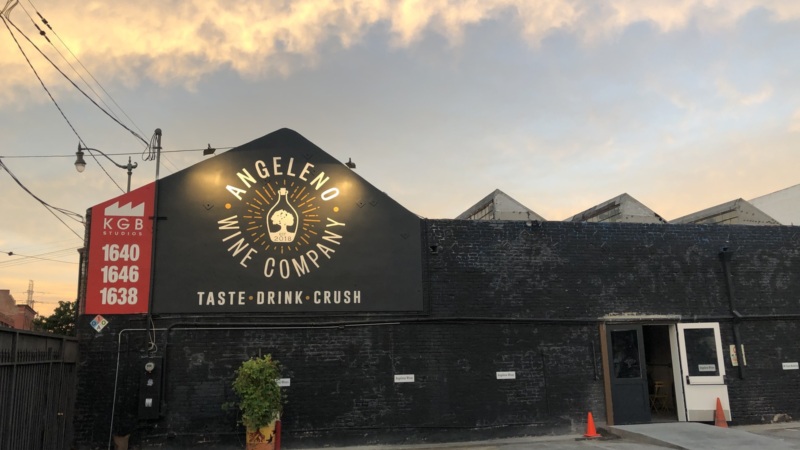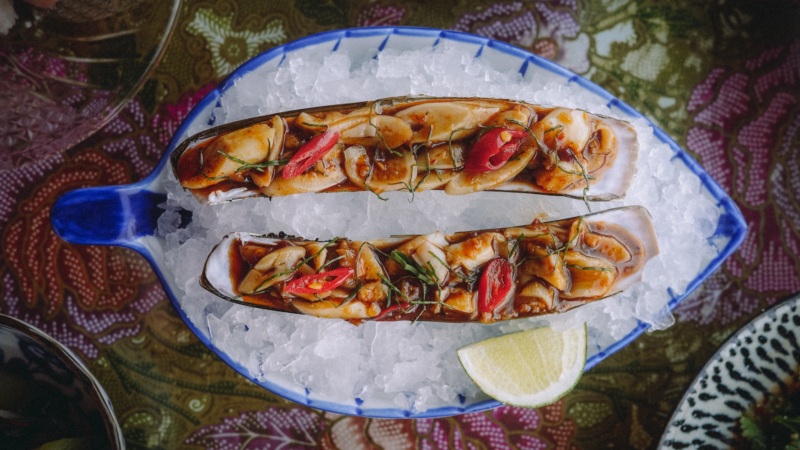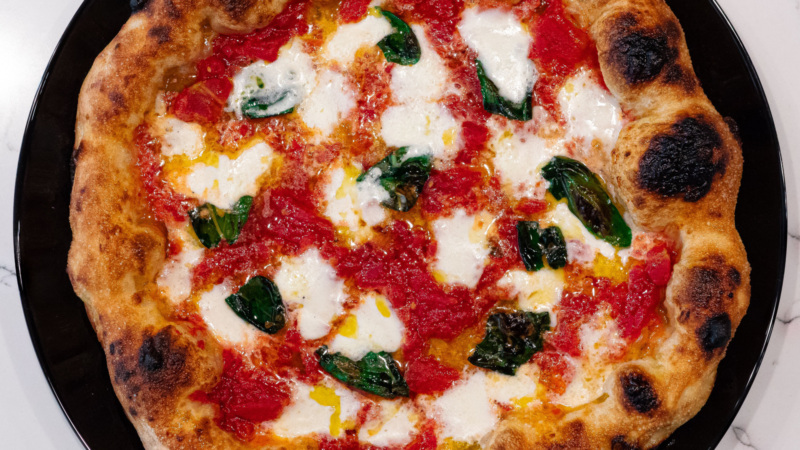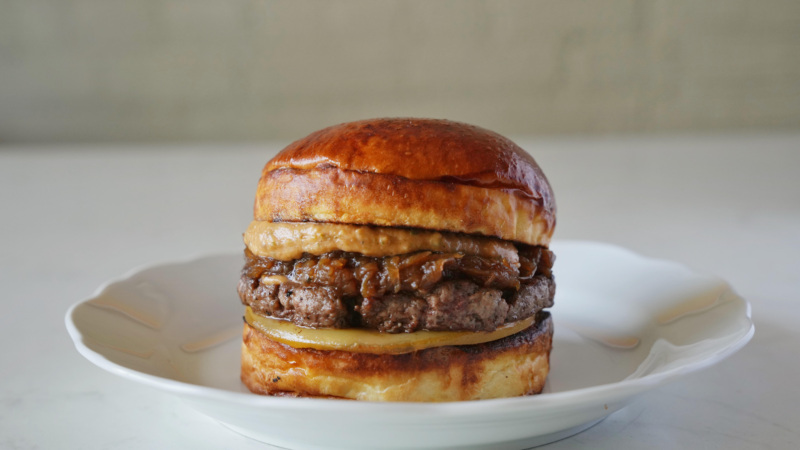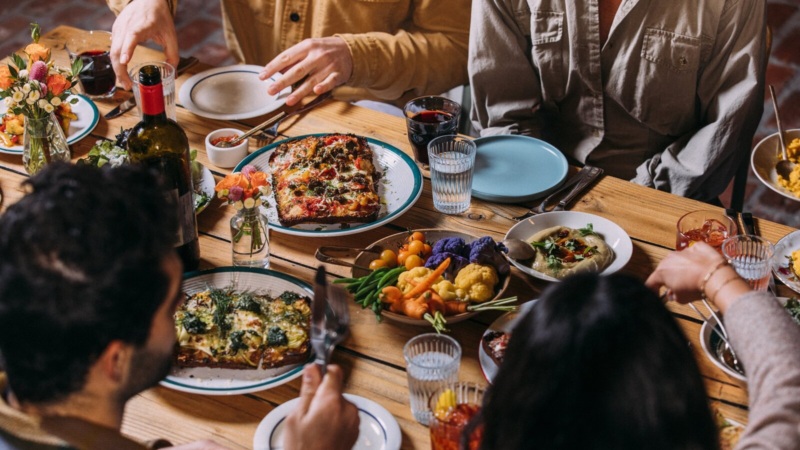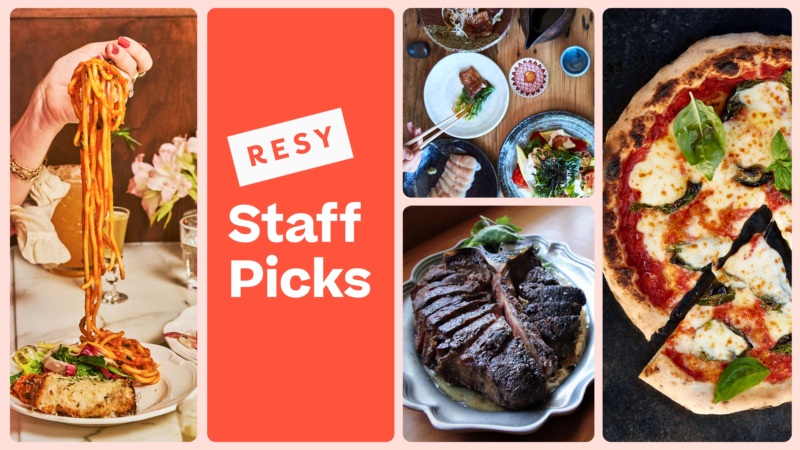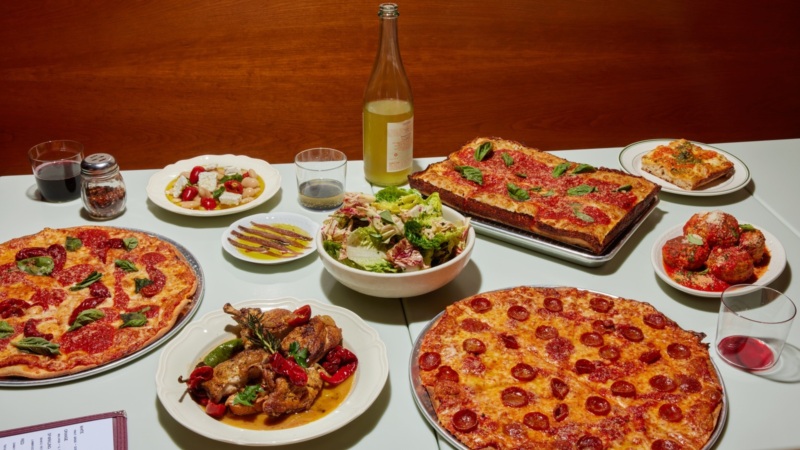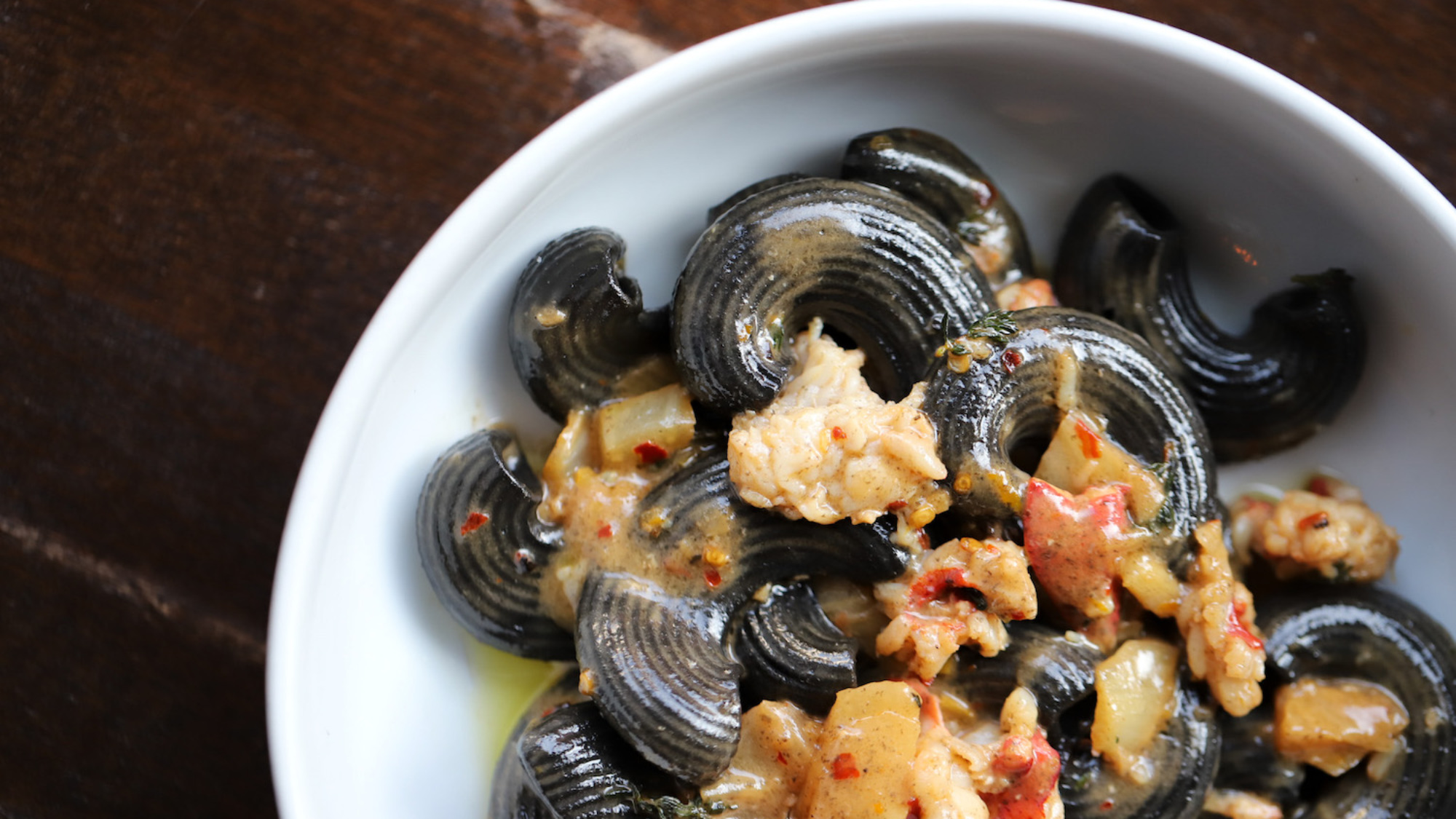
At Union, Being There for Pasadena Means Taking Care of People First
Some restaurants are so integral to a neighborhood, it’s hard to believe they haven’t been there for decades. Union is that in Pasadena, a local mainstay that opened on a slightly off-the-beaten path block years before things really exploded in Old Town.
When Marie Petulla and Bruce Kalman debuted the 50-seat spot in 2014, huge chains mostly fed the city’s shopping district, plus some perennial favorites that remained popular for sidewalk shoppers on Colorado Boulevard. But Union was different. It was small, minimalist in design, heavily focused on Northern Italian food with a strong California lens. Farmers were mentioned on the chalkboard. Wines were thoughtfully chosen. The meatballs were reason enough to go.
It was the kind of place that, had it opened in trendier parts of L.A., it would’ve blended right into the scene. In Pasadena, it stood out.
In huge part, that’s due to Kalman’s menu — but it’s also the vibe Petulla wanted to create. After working in the industry for years in Chicago and then the San Fernando Valley, for her first solo project she imagined the perfect neighborhood spot with great food and without pretension.
Now with Chris Keyser as executive chef — he stepped in when Kalman moved to Las Vegas to open a new barbecue project — the menu is coming back out of its pandemic slumber with more focused dishes. The two also debuted U Street Pizza next door, which has a dynamite crust Keyser developed, and the same seasonal Cal-Ital ethos as Union.
Petulla focuses mostly on hospitality and operations in her three restaurants (she also operates Knead at the Grand Central Market). With her own family growing along the way, she already was keenly aware of the lack of work-life balance and pay inequities in the restaurant industry — and has made addressing them a top priority in her own businesses.
People, she says, are the cornerstone of a great restaurant, whether it’s the customers or the dishwasher or bartender. Here, she discusses how pandemic shifts and pivots have expanded the horizon for the restaurant, the new pizzeria, and beyond.
Resy: When Union opened, there weren’t a lot of great restaurants in Old Town. There wasn’t much foot traffic on Union Street. Now Pasadena is seen as a contender. How did it feel to be a pioneer?
Petulla: I wish I had the forethought. It was an opportunity. My original financial partners already had the space; they wanted to open a sushi bar. And then I got involved, and I brought Bruce Kalman in. We said, if you want to work with us, this is what we want to do. At that time, we were very ready to roll the dice. We wanted to create something. We took a chance in an area that a lot of people just kept saying wasn’t ready. It’s never ready until someone steps out and makes it ready.
And Pasadena, the community, was there for you.
I do believe that the community was ready for it. From the first day to new regulars that found us during the pandemic, they continue to support us. That’s what drives us. And it’s so much bigger than one person. It’s a collective.
The name is apropos, even though it was named after the street it’s on. What were you out to do when you opened the restaurant?
I worked in restaurants for years, starting in Chicago bartending and waiting tables. And then I got more involved with the business through college. I just kept falling back into it. This one amazing place I worked at in Lincoln Square was run by two women, and it was a turning point in my career.
We just wanted that kind of place for an amazing meal, awesome service, you can feel comfortable and not judged when you walk in the door. It was very much the style, ethos, and our approach to community that inspired me for Union.
You’ve only had one major chef change since opening. How did you connect with Chris Keyser?
Chris started as a sous chef at Union, and when Bruce decided to step away, the restaurant operated without a chef for a minute. A couple of sous chefs worked together in a cohesive way, but Chris had a similar vision to what Union was going to evolve into. We connected. He’s brilliant. I feel his ability to be collaborative was essential in how we’ve grown our dynamic together.
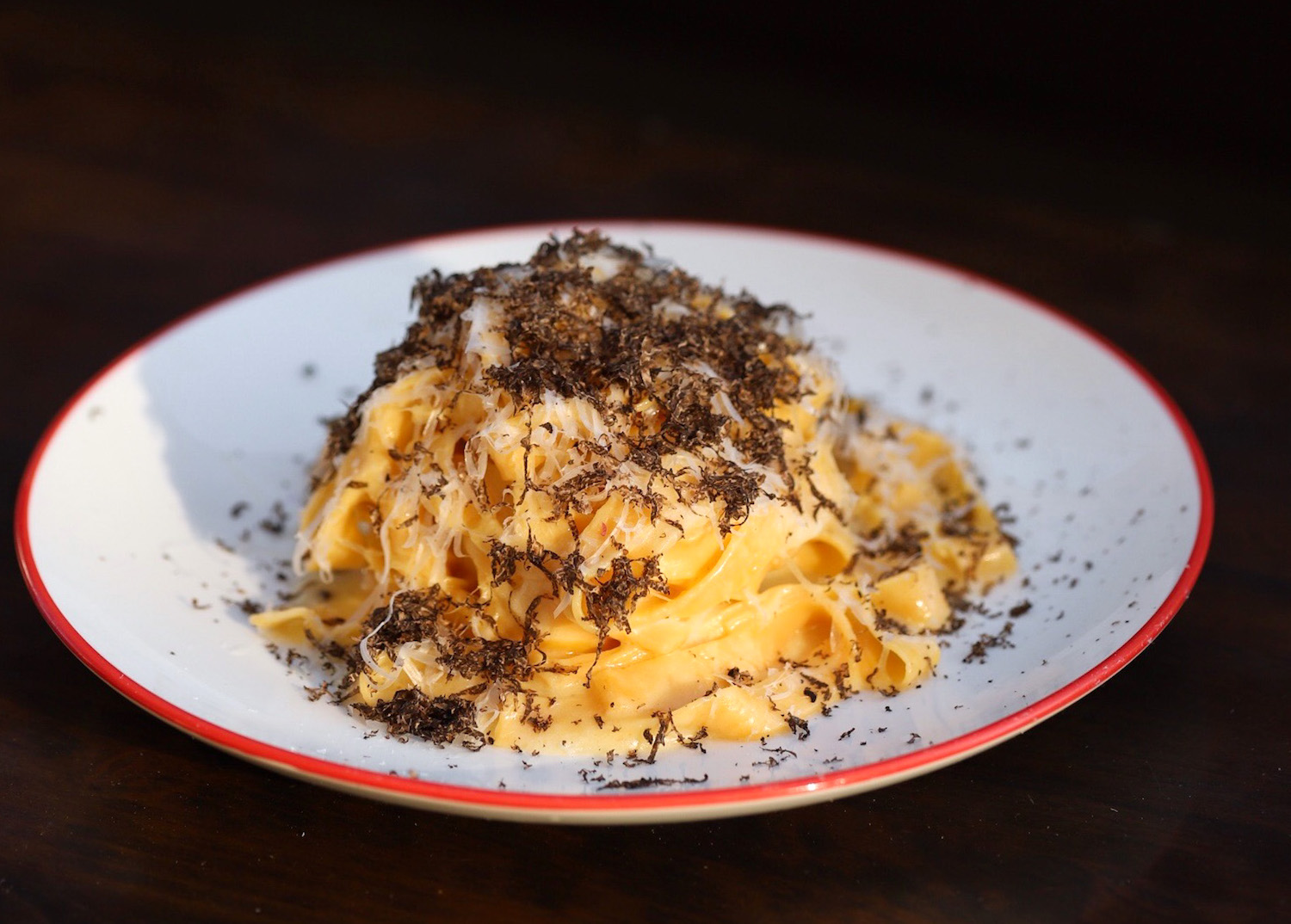
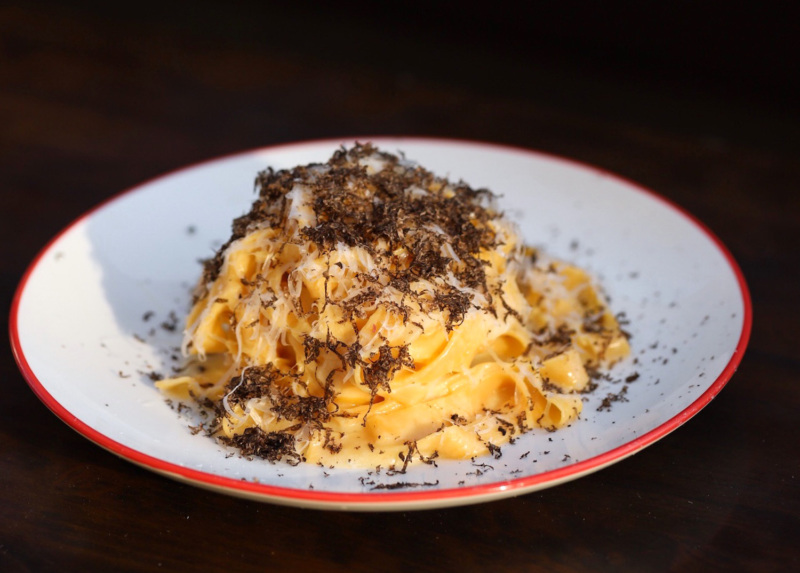
Is it his cooking, or his leadership, or both?
A lot of it has to do with his talent, but I like how he works with the current sous chefs in both restaurants, how he gives them opportunities to explore their own creativity under his guidance. And you know, we get along. You have to be able to care about each other. Especially in how I want restaurants to be run. Not trying to be Pollyanna about it, but genuinely caring about each other is important.
Especially coming out of the pandemic, with people looking for financial stability and a good working environment. How do you make the restaurants sustainable in that way?
One thing is respect. It’s important to be supportive. I’ve been on both sides, as a manager and a worker, and when someone would ask for time off, it was often met with anything but excitement. That’s something I tried to change. If someone wants time off, I support them. I will make sure everything is handled because it’s not their job to make things easier for me.
And we do our best to create a financially stable environment for employees, so if they need something, if we can make it work, we will. With the three restaurants I have, my decisions are a great weight of responsibility — I know we’re supporting other people’s families.
Well, you have one yourself. You and your wife have three boys. It’s always amazing to see people raise families in the restaurant world. The work is so demanding!
Yes! They’re 6, 4 and 3 years old. I check in with people. I do feel like we try our best to enable them to have that balance.
You’ve been a huge advocate for women in a male-dominated industry. What are some things you’ve tried to implement in your own restaurants and the industry as a whole to make it better?
Within the confines of the restaurant, I do the wine, liquor, and purchasing, and I try to highlight women-owned businesses, winemakers, and so on. I always feel like I can do more. Groups like Regarding Her are doing some really outstanding things. I’d like to engage more on a formal mentorship level with that.
When I was coming up in the industry, I wish I had someone to talk to. I do try to work with women as a mentor, nothing formal, just making myself available to anyone who wants to navigate a career in this business.
What sorts of pivots did you do during the pandemic?
We made a lot of adjustments. We were closed for two days and then pivoted right into takeout. We didn’t know how to integrate it before. Because we learned how to do it, we continue to do it. And it’s been awesome. It’s also the team. I’ve known two guys on the management team for years and years, but we added someone new. He was very important as we shifted. I met him when I worked with Trejo’s Tacos for a bit, and then he went to work at Jon & Vinny’s. So when we opened the pizzeria before the pandemic, he brought all this takeout experience from working there. Everyone brings something different to the table, everybody adds to the dynamic.
Indoor and outdoor seating is also something that evolved. Union has gotten bigger with the outdoor seating along the street. We’ve been told by the city, and I feel Old Town is really working with the restaurants, that they will allow it through June 2022. There is a group of us pushing to keep it permanent.
Did the menu change much?
We definitely had to tailor the menu. We did this family meal, you can do most of the pastas plus salad and bread for four. That’s definitely something we never would’ve done before, and we’re still doing it because it’s popular. In the beginning, during the heart of the pandemic, we changed the proteins around more, did more braises, making them more like comfort food. Chris came up with things that would travel well or could reach a broader audience. Everything had to be less complicated as we had a smaller staff.
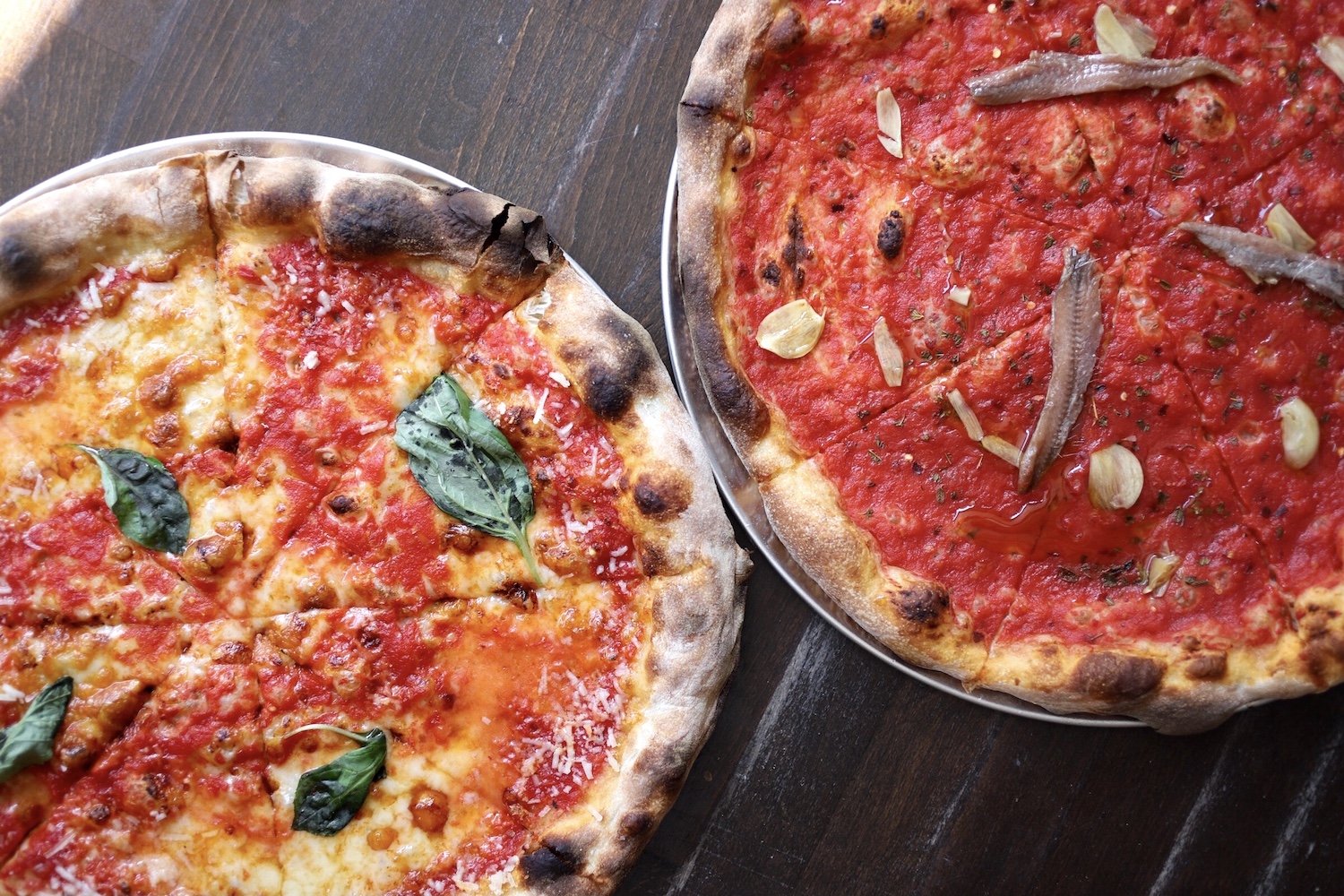
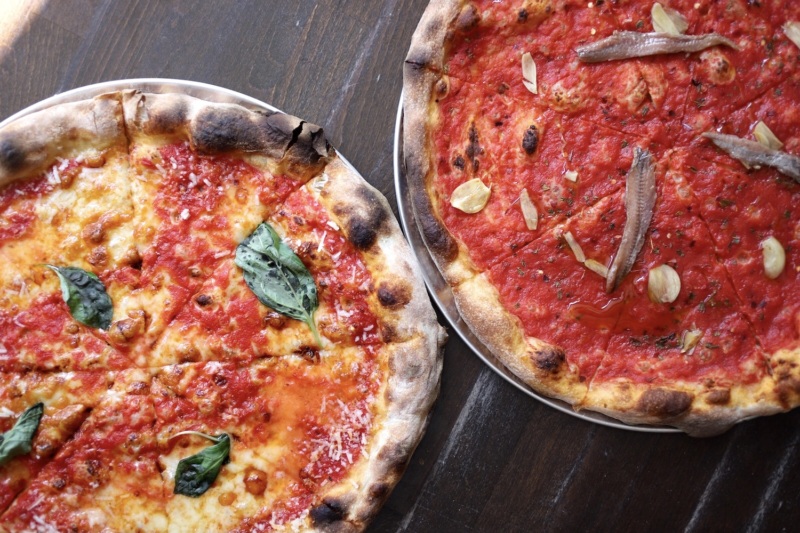
Tell us about U Street Pizza.
The goal was not to open in the middle of the pandemic, but we already rented the space and had to get it started. All of our focus was on pivoting Union and maintaining its stability, but we opened and it’s been interesting. We’re starting to grow it now. The feel is a little different than Union, more sparse, but we’re adding more to warm it up. I feel like all restaurants evolve, especially after that first year. The pizza is exceptional, Chris really nailed the dough. The word is getting out, and I’m really proud of it.
Now things have opened up more, getting back to normal. Customers have returned.
We had a lot of support from the community through all of this. That is probably the primary reason we were so successful in our pivot, because we had them, and also the grace of the community to make some mistakes along the way. When we weren’t right on time with pickup or we messed something up because it was a learning curve for all of us, they met us with grace and understanding that we were navigating what we were doing. They’re the reason we’re here.
Lesley Balla has written regularly about restaurants, travel, and wine for publications including Los Angeles magazine, Angeleno, The Hollywood Reporter, and The Seattle Times. In a previous life she was the L.A. editor for Zagat and Eater. Follow her on Twitter and Instagram. Follow Resy, too.



